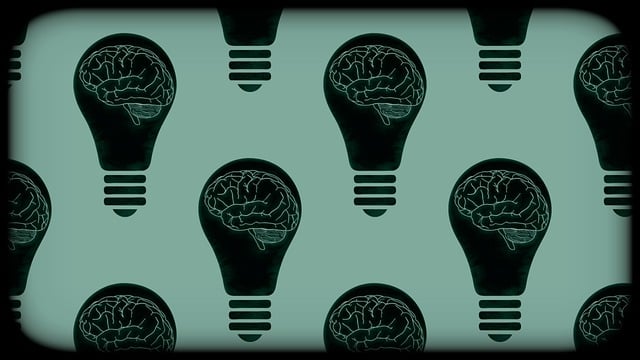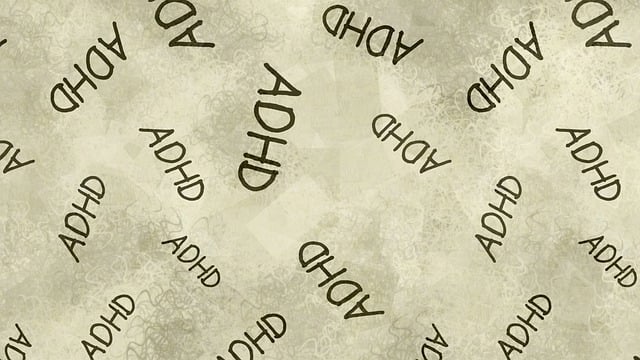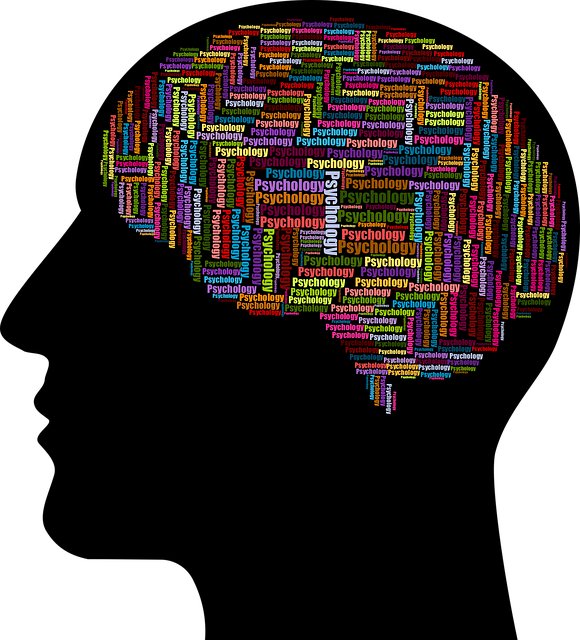Emotion regulation is key to mental wellness in a stressful world, and therapies like Littleton Dissociative Disorder Therapy (LDDT) offer vital tools for managing emotions healthily. This approach, integrated into Mental Wellness Coaching Programs, teaches clients to identify and control their emotions through structured frameworks, cognitive strategies, conflict resolution, and positive thinking exercises. Journaling complements therapy, facilitating self-reflection and proactive emotional management. LDDT combined with CBT equips individuals with skills to reframe negative thoughts, process trauma, and develop adaptive coping strategies for enhanced emotional well-being, improved decision-making, and stronger relationships. Community outreach programs and mental wellness podcasts further widen access to these effective techniques.
Emotion regulation techniques are essential tools for maintaining mental health and overall well-being. This article delves into the profound impact of understanding and managing emotions, highlighting the significance of strategies like Littleton Dissociative Disorder Therapy (LDDT). We explore key techniques, their practical application in daily life, and the long-term benefits derived from consistent practice. Additionally, we address challenges and offer insights to encourage sustained emotional control.
- Understanding Emotion Regulation and Its Impact on Mental Health
- The Role of Littleton Dissociative Disorder Therapy in Teaching Emotional Control
- Key Techniques for Effective Emotion Regulation
- Implementing These Strategies in Daily Life and Long-term Benefits
- Overcoming Challenges and Encouraging Consistent Practice
Understanding Emotion Regulation and Its Impact on Mental Health

Emotion regulation is a crucial aspect of mental health, enabling individuals to manage and respond to their emotions in healthy ways. It involves understanding, accepting, and controlling one’s emotional reactions, which can significantly impact overall well-being. In today’s fast-paced world, where stress and anxiety are prevalent, mastering emotion regulation techniques becomes essential for fostering mental wellness.
Littleton Dissociative Disorder Therapy often incorporates strategies to enhance emotion regulation, focusing on helping clients identify and manage their emotions effectively. By learning these skills, individuals can reduce the intensity of negative feelings, prevent impulsive behaviors, and improve their ability to cope with challenging situations. Moreover, integrated into Mental Wellness Coaching Programs Development, conflict resolution techniques and positive thinking exercises are key components that contribute to a balanced emotional state, allowing for better decision-making and enhanced relationships.
The Role of Littleton Dissociative Disorder Therapy in Teaching Emotional Control

Littleton Dissociative Disorder Therapy plays a pivotal role in teaching emotional control by providing structured frameworks to help individuals understand and manage their feelings effectively. This therapeutic approach, often integrated into comprehensive mental health education programs, focuses on empowering clients to develop robust self-care routines for better mental health. By combining cognitive strategies with behavioral interventions, the therapy guides users through the intricate process of processing traumatic experiences and integrating them back into conscious awareness, thereby fostering emotional regulation.
In addition to direct therapeutic sessions, Littleton Dissociative Disorder Therapy encourages mental wellness journaling exercises as a powerful tool for self-reflection and emotional control. This practice allows individuals to track their moods, identify triggers, and gain insights into their reactions, ultimately promoting proactive management of emotional responses. Mental health education programs designed with this therapy in mind equip participants with the knowledge and skills needed to maintain emotional balance, leading to improved overall mental wellness.
Key Techniques for Effective Emotion Regulation

Emotion regulation techniques are crucial tools for promoting emotional well-being and supporting individuals dealing with various mental health challenges. One effective approach is Cognitive Behavioral Therapy (CBT), which helps individuals identify and change negative thought patterns contributing to intense emotions. By learning to challenge distorted cognitions, CBT empowers people to manage their reactions more effectively.
For those affected by dissociative disorders like Littleton Dissociative Disorder Therapy, specific strategies are tailored to address the unique symptoms. This may include Mindfulness practices, encouraging present-moment awareness and acceptance of emotions without judgment. Additionally, Empathy Building Strategies foster understanding and connection, aiding in regulating distressing feelings associated with trauma. Trauma Support Services play a vital role in these processes, providing safe spaces for individuals to process their experiences and develop adaptive coping mechanisms.
Implementing These Strategies in Daily Life and Long-term Benefits

Implementing emotion regulation techniques in daily life can significantly transform one’s ability to manage and understand their emotions. These strategies, often taught through Littleton Dissociative Disorder Therapy or Crisis Intervention Guidance, empower individuals to navigate intense feelings constructively. By integrating mindfulness exercises, cognitive reframing, and relaxation techniques into routines, people can reduce anxiety relief and enhance emotional resilience.
Long-term benefits of such practices include improved mental health, better coping skills, and enhanced relationships. Regular use of these strategies can foster a deeper sense of self-awareness, enabling individuals to respond calmly in stressful situations. Community Outreach Program Implementation can further promote these techniques, making them accessible to a wider range of people seeking effective emotion regulation tools.
Overcoming Challenges and Encouraging Consistent Practice

Overcoming challenges is a pivotal aspect of teaching emotion regulation techniques, especially when addressing conditions like Littleton Dissociative Disorder Therapy (LDDT) patients. These individuals often struggle with intense and complex emotions, and learning to manage them can be a challenging process. Therapists play a crucial role in providing support, offering guidance, and helping clients develop coping strategies tailored to their unique needs. By employing evidence-based methods such as cognitive behavioral therapy (CBT), mindfulness practices, and stress reduction techniques, therapists enable patients to gain a deeper understanding of their emotions and react to them in healthier ways.
Encouraging consistent practice is essential for long-term success in emotion regulation. Mental wellness podcast series production can be a powerful tool to reinforce these techniques between therapy sessions. Engaging content that focuses on emotional intelligence and stress reduction methods can inspire listeners to incorporate these strategies into their daily lives, fostering better mental health outcomes. Regular exposure to these concepts allows individuals to develop resilience and improve their ability to navigate emotional challenges, ultimately enhancing overall well-being.
Emotion regulation techniques, such as those offered through Littleton Dissociative Disorder Therapy, are invaluable tools for enhancing mental well-being. By understanding and managing emotions effectively, individuals can navigate life’s challenges with greater resilience. Implementing these strategies in daily routines fosters long-term benefits, including improved relationships, reduced stress levels, and increased overall happiness. Overcoming challenges through consistent practice is key to unlocking the full potential of emotion regulation techniques, allowing folks to lead more fulfilling lives.












